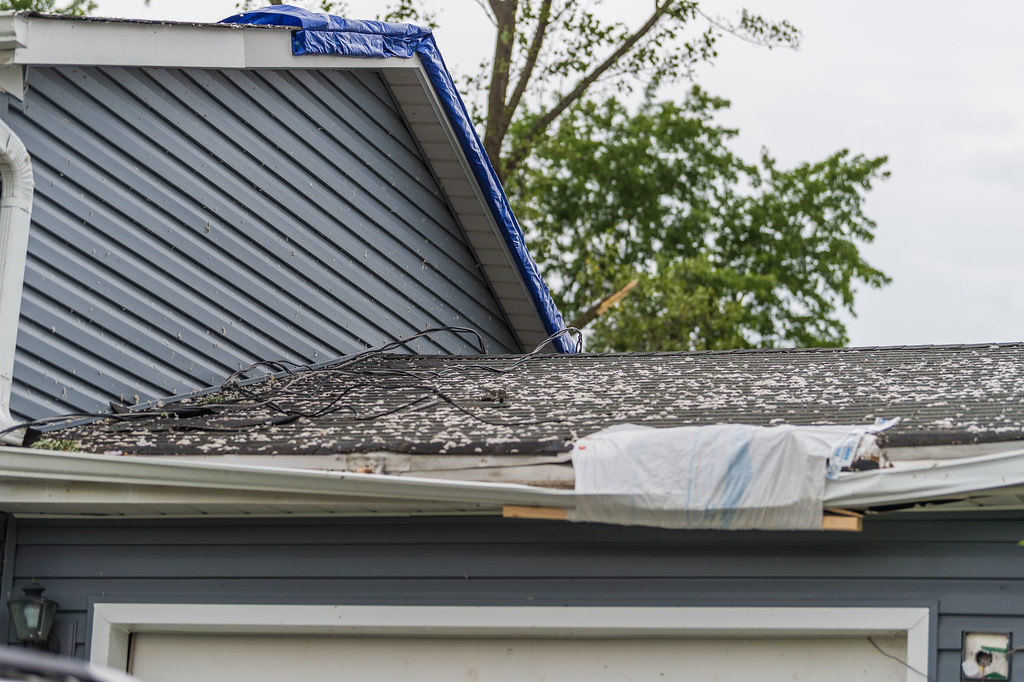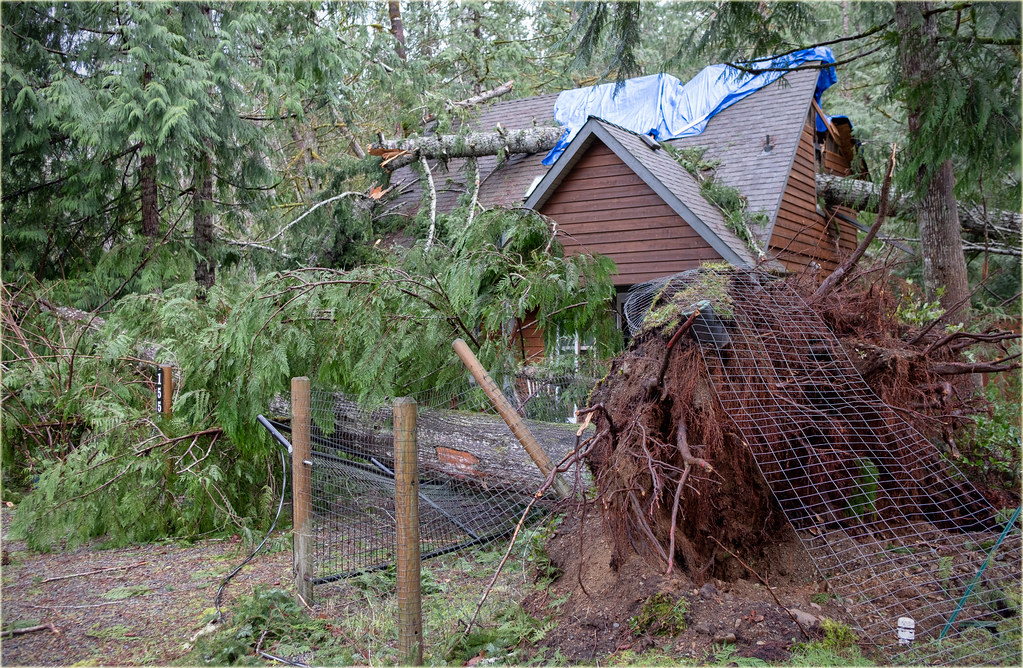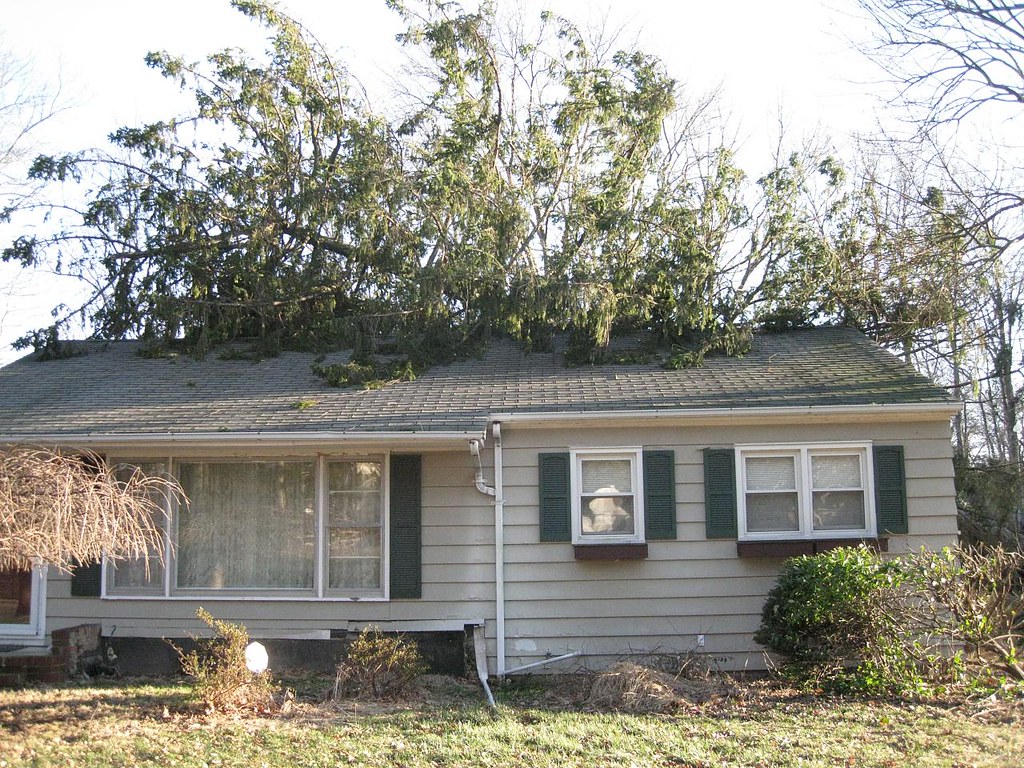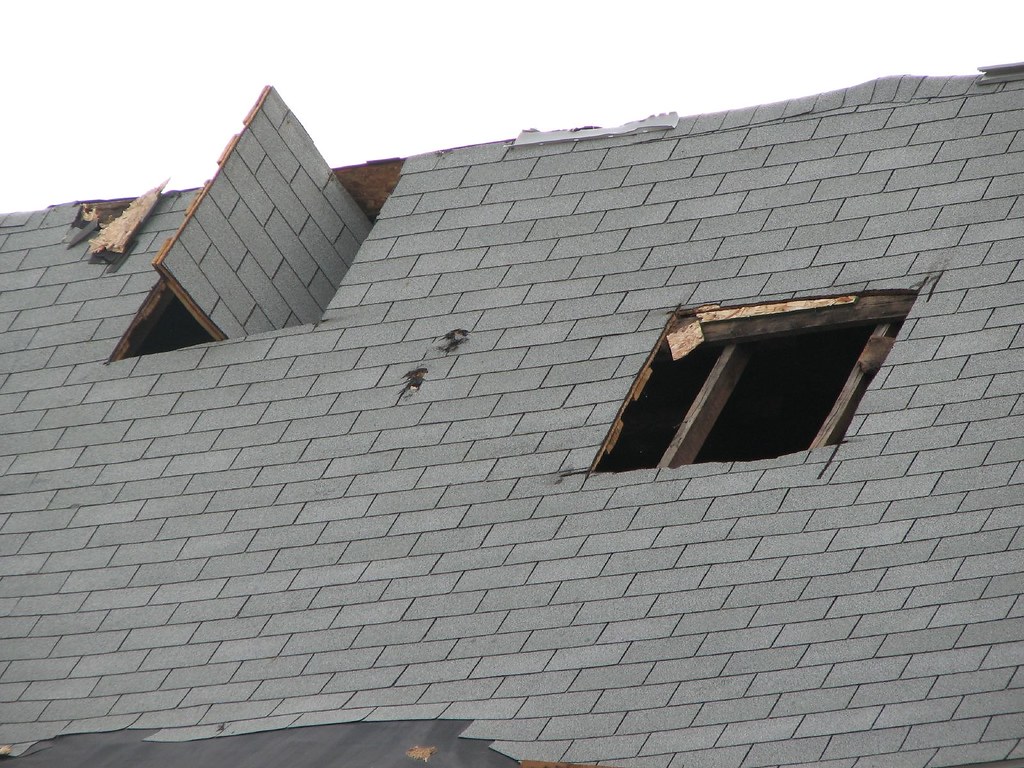Storm Damage Claims – We Fight for You
No one wants to be on the receiving end of an insurance claim denial. A denied claim can leave any homeowner feeling lost and hopeless – not to mention thousands of dollars out of pocket. Fortunately, with the right approach and preparation, savvier homeowners can turn a denied claim into a successful outcome.
At YPA Public Adjusters, we’ve helped hundreds of homeowners navigate the often bumpy road of insurance claims. We understand what it takes to get a claim paid – and that the process can be confusing and stressful for homeowners. So, in this article, we’ll provide you with all the information you need to know if your roof claim is denied.
What is Covered?
When filing a roof insurance claim, it’s important to understand the scope of coverage your policy provides and be aware of any exclusions. The majority of insurance companies classify damage from storms, hail, hurricanes, and fallen trees as an act of nature – or an “Act of God” – and will generally offer coverage for these cases. Additionally, if the shingles on your roof are no longer available (discontinued by the manufacturer), most policies will cover the roof replacement costs.

In regards to general wear and tear, each policy’s criteria is unique, so it’s essential to review the details carefully. To ensure the right coverage is given, be sure to bring in a certified roof inspector who can accurately determine the scope of damage. Once assessed, you can contact your insurance adjuster to verify that the information meets your policy guidelines before filing a claim.
If your claim is denied, don’t worry—YPA Public Adjusters are here to help. Our claims specialists have expertise with property insurance claims and can assist with negotiations for the best possible outcome. Contact us today for more information.
What Isn’t Covered?
Not every unfortunate roofing event is covered by insurance. If your claim is denied, it’s important to understand why. Depending on the incident, coverage may be refused due to high-risk areas, cosmetic damage, general wear, and tear, or incorrect installation.
When it comes to high-risk zones like areas prone to hurricanes, earthquakes, or other natural disasters, insurance companies will likely add an additional deductible referred to as a “Hurricane Deductible.” This is an amount that the policyholder must pay before insurance covers any costs relating to the related disaster. In order to know if you live in a high-risk area, you can check with your insurance company.

Cosmetic issues such as loose or missing shingles are usually not covered by insurance as they do not affect the safety of your property. However, if there are many instances of this issue, your insurance company may consider covering the cost depending on the extent of the damage.
General wear and tear may also be excluded from coverage as roofs naturally deteriorate over time. If a storm has caused 20-30% damage to a roof or 7-10 hail damage hits within 100 square feet, then the repair costs associated with these events could be eligible for coverage.
Incorrect roof installations can leave a roof vulnerable to preventable damage. In this case, insurance claims may be denied as a result. Therefore, it’s important to thoroughly research the contractors you hire and potentially explore financing options if coverage does not extend to your situation.
Why Storm Damage Claims May Be Denied
It is important to understand the coverage terms of your homeowner’s insurance policy before filing a claim, as not all policies will pay out for all instances of roof damage. Moreover, it is important to be aware of exclusions and how they may affect when and if a claim is approved.
Here are some common reasons why an insurance company may deny a storm damage claim:
- No indications of damage were observed
- Roofing not installed to established standards
- Insufficient air flow in attic space
- Deficiency in manufacturer’s workmanship
- Timely filing of claims was neglected
- Coverage excluded by policy terms
- Existing damage from the prior storm at the inception of the policy
- Roof had exceeded life expectancy at the start of the policy
Deductible Considerations
If the cost to fix your roof is less than your deductible amount, your claim may be denied. The same holds true for different types of damages, such as hail or wind damage which often have higher deductibles than other claims. Make sure you familiarize yourself with the amounts of the deductibles in order to better plan for any repairs that may be necessary.
Exclusions
Some specific types of damage may be excluded from coverage by your insurance policy, such as damage resulting from wildfires or earthquakes. Homeowner’s insurance also does not cover basic maintenance to your home; damage caused by gradual wear and tear over time is considered normal, and thus not eligible for compensation. Additionally, if your roof has reached or surpassed its expected lifespan and is damaged, then chances are your insurance claim may be denied due to the age of the roof.
Insurance Company Claims Pre-Existing Damage
If an insurance company believes your hurricane damage was “pre-existing” or due to “maintenance issues,” they may be likely to declare your roof insurance claim denied. Pre-existing damage typically refers to issues that existed before you bought the property, regular wear and tear over time, temporary repairs after a loss, and lack of appropriate maintenance.

If you have looked over your insurance policy and believe your claim has been wrongly denied or unfairly blamed for old damages, it’s important to consult about the denial with an experienced public adjuster.
A public adjuster can look at your policy, review the response, and help you understand the reasons your storm claim was denied. If they find that the claim was unfairly denied, then they can talk to your insurance company and build a case for you to receive the compensation you deserve.
What to do if Your Storm Damage Claim is Denied
When a home insurance claim is denied, it can be difficult to know what steps to take in order to fight the decision. In this situation, it’s important to understand the process of appealing a denied claim and knowing when to call in a public adjuster if necessary.

To avoid having your storm insurance claim denied for pre-existing damages, there are certain steps you can take to protect yourself and your property. Start by reviewing your coverage and understanding how your policy handles maintenance issues and pre-existing damage. It may also be beneficial to bring in a roofing or repair professional to inspect your home and properly document any potential problems. Additionally, try to take “before” photos of your property prior to storm season in order to provide evidence if necessary.
Review The Letter Explaining The Denial
The first step in fighting an insurance company over a denied claim is to carefully review the letter they have sent that explains their decision. Such letters typically include specific language from your policy and findings from any adjusters who inspected your home or belongings. If you believe that the insurance company’s denial is based on inaccurate information, this is the time to prepare your counterarguments.
Gather Evidence To Support Your Claim
Before attempting to contact the insurance company, gather evidence that supports your claim. This could include before and after photos of your home, repair estimates, receipts for lost items, or any other documents related to your claim.
Hire A Public Adjuster
If the task of disputing the insurance company’s denial seems too daunting, consider hiring a public adjuster. Public Adjusters are licensed professionals who specialize in negotiating with insurance companies on behalf of individuals and businesses. Typically, public adjusters will receive a percentage of your claims payment after successfully resolving your case, although nothing is paid if your claim is denied. Before hiring a public adjuster, make sure they are licensed by checking with your state insurance commissioner’s website. Also, reputable public adjusters should provide their fee structure in writing before moving forward with any services.
Contact The Insurance Company With Your Evidence
After gathering evidence to support your claim, it’s time to contact the insurance company directly and point out any inaccuracies in their denial letter. During this call, you may wish to share digital photos or other documents that demonstrate why your claim should be approved.
File A Complaint With Your State Insurance Commissioner (if Necessary)
If all attempts at reasoning with the insurance company fail, consider filing a complaint with your state insurance commissioner. This is generally free of charge and requires the insurance company to cooperate with the investigator assigned to your case. Most cases take about 30 days to resolve, though more complex claims may require additional time. The insurance commissioner will be able to determine if the company has violated either the terms of your policy or state law. It’s also advisable to ask the commissioner’s staff for tips and advice on how to proceed.
Need Help?
At YPA Public Adjusters, we are well-versed in storm insurance claims and can ensure that you receive the full value of your claim without having it unfairly denied due to pre-existing damages. Contact us today to learn more about keeping your property protected and avoiding having your roof insurance claim denied!
